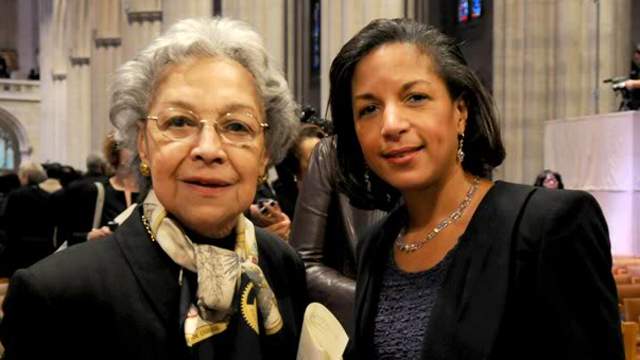get these nets
Veteran
Video reupped
Hosted by Domestic Policy Advisor Susan Rice, White House Counsel Dana Remus, and Senior Advisor to the President and Director of the Office of Public Engagement Cedric Richmond
A roundtable with six formerly incarcerated individuals – including a Second Chance Pell recipient – on how supporting reentry strengthens communities, reduces crime, & advances equity.
Hosted by Domestic Policy Advisor Susan Rice, White House Counsel Dana Remus, and Senior Advisor to the President and Director of the Office of Public Engagement Cedric Richmond
A roundtable with six formerly incarcerated individuals – including a Second Chance Pell recipient – on how supporting reentry strengthens communities, reduces crime, & advances equity.

April 27, 2022
Today, during Second Chance Month, the U.S. Department of Education announces actions to help incarcerated individuals access educational programs as part of the Biden-Harris Administration’s broader efforts to support reentry, empower formerly incarcerated persons, enhance public safety, and strengthen our communities and our economy. The Department has invited 73 colleges and universities to participate in the third round of the Second Chance Pell Experiment, an initiative first launched by the Obama-Biden Administration to expand access to Federal Pell Grants for incarcerated individuals enrolled in participating programs. The expansion will bring the total number of schools able to participate in the Second Chance Pell Experiment to 200. The Department is also announcing changes to policies to help incarcerated individuals with defaulted loans, including affirming that incarcerated individuals qualify for a “fresh start,” which returns borrowers with defaulted loans to repayment in good standing and allows them to access programs like the Second Chance Pell Experiment. The Department will also allow incarcerated individuals to consolidate their loans to help them exit default in the long term.
The Second Chance Pell Experiment was first established in 2015 by the Obama-Biden Administration to provide Pell Grants to incarcerated individuals to allow them to participate in postsecondary education programs. To date, students have earned over 7,000 credentials, building new skills and improving their odds of success through the initiative. Today’s announcement of the expansion of 73 sites will mean that up to 200 programs will be able to participate in the program as the lead-up to the broader implementation of reinstatement of access to Pell Grants for incarcerated students starting on July 1, 2023.
Selected colleges and universities will partner with federal and state penal institutions in almost all 50 states to enroll thousands of incarcerated students in educational and training programs. The vast majority of selected schools are public two- and public four-year institutions. Twenty-four of the newly selected educational institutions are HBCUs and minority-serving institutions. Selected schools may begin accessing Pell Grants as early as July 1, 2022.
Last edited:



